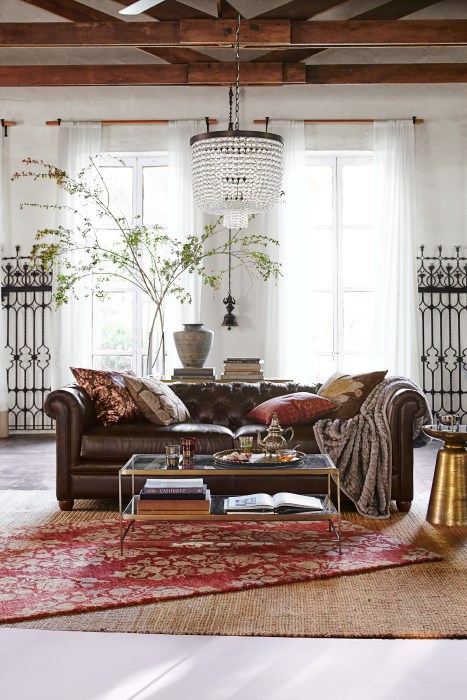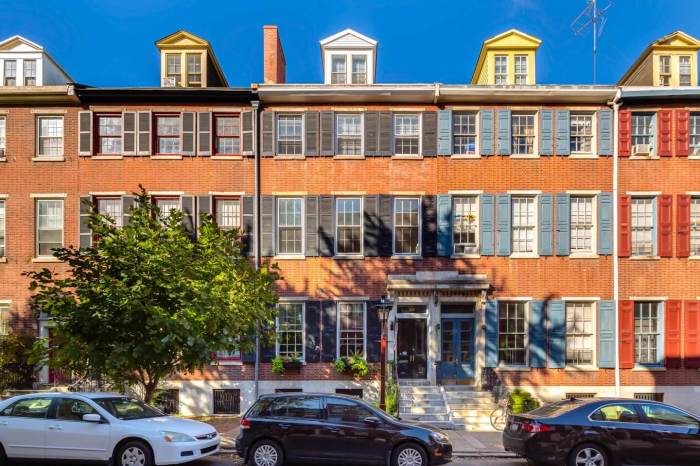Apartment hunting in the city is no easy task, especially if you’re looking for a place to hang your hat at the last minute. Who has time to sift through all those listings and paperwork? Luckily, Brookline-based real estate agent Keith Florian is here with five essential do’s and don’ts for landing your perfect pad in Boston.
1. Don’t accept the first place you find
Take your time to see three, four places so you can get an idea of what you like and what you don’t like. Many times people just grab the first thing that they see and they end up regretting it just a couple of months into it.
2. Do take the time to scout out neighborhoods
Location, location, location. You want to make sure that you have an idea of exactly where you want to live. Boston is really small, so you want to make sure that you have good access to public transportation and major routes to wherever you’re working. Whatever’s important to you or your roommates.
3. Sign a contract
If you don’t sign a contract with a broker, that means they don’t have fiduciary duties to you. Then they’re in the listing agent’s interest, so to speak. They’re interest is to just get the commission. The best thing to do is to sign a contract with somebody who’s looking out for your interests.
4. Do find a trustworthy agent
A lot of time I’m finding that students and even business professionals, are going on their own to get a place. They’re not having representation and they’re not signing contracts with people, and that’s actually a very bad thing. Honestly, you’re going to pay a broker fee, whether it’s to the list agent or to your agent, the buyer’s agent. You might as well have a business professional who’s fighting on your behalf.
5. Don’t rent an apartment without insurance
Renter’s insurance is very cheap. I think for the whole year it’s like $100-$150, and it will cover your stuff. If you’ve only got your clothes or whatever, it’s not a big deal. But if you’ve got expensive items that you want to make sure are kept safe in case something gets broken into or whatever, it’s something that you want to keep in the back of your mind.



















